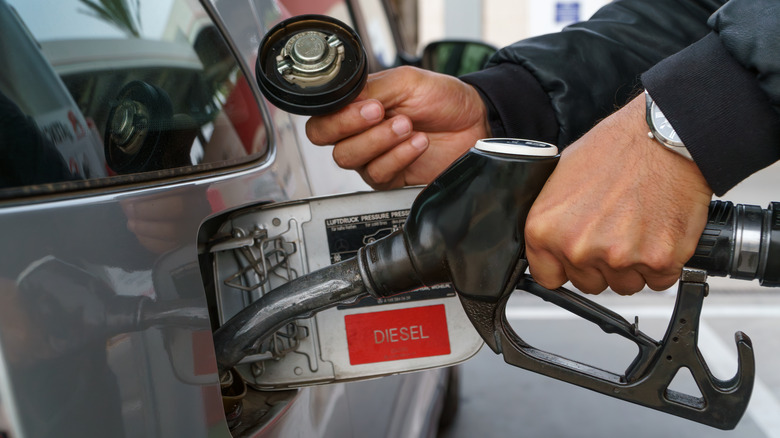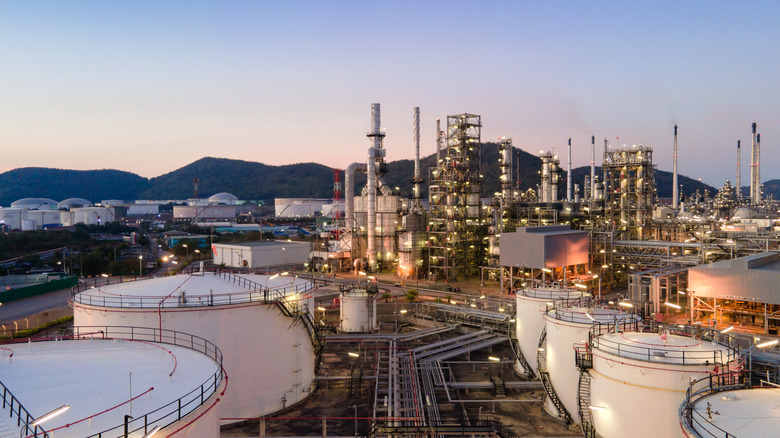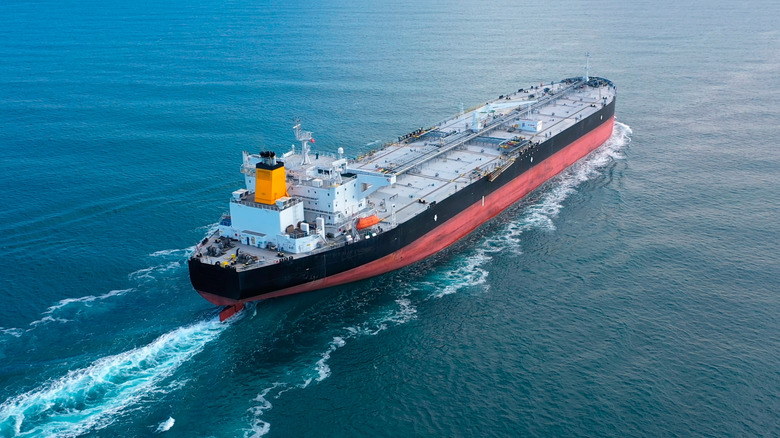Why Is Diesel Fuel Usually More Expensive Than Regular Gas?
Even though diesel, electric, and even hydrogen-powered vehicles are present on the roads, they remain in the minority; gasoline still powers most cars. However, diesel is still the preferred choice for both heavy-duty and commercial applications. Unfortunately for those using vehicles with these purposes, diesel is usually more expensive than regular gas. There are three main reasons for this.
First, the demand for diesel fuel often outweighs the supply, especially if there are changes in the supply chain. Second, the costs associated with refining cleaner diesel blends are also more substantial compared to refining gasoline, which can rack up prices. Lastly, diesel has higher taxes than gasoline, which further increases prices for consumers.
Fully understanding why diesel fuel is more expensive requires knowing how it is produced, regulated, and traded. Ultimately, these higher prices aren't just important for people operating diesel-powered vehicles: Because diesel is used by so many transport vehicles, higher prices on fuel can also translate to higher-priced goods when companies have to pay more to deliver their products.
Diesel costs more at the pump because of the way it is produced
Heating oil is chemically very similar to diesel. During the winters when there is more demand for heating oil, refineries shift production to meet that growing need. As a result, less resources are dedicated to producing diesel, and the price goes up.
Moreover, from a single 42-gallon barrel of crude oil, U.S. refineries are able to produce approximately 19 to 20 gallons of gasoline. In the diesel world, a single 42-gallon barrel of crude oil is typically enough for between 11 and 12 gallons of ultra-low sulfur distillate fuel oil, most of which is sold as diesel fuel. In other words, it takes more resources to produce diesel, which is another reason it's more expensive than gasoline.
Additionally, high diesel fuel costs have lots to do with the costs of refining cleaner blends of diesel, also known as Ultra-Low Sulfur Diesel (ULSD). Since sulfur is toxic, the Environmental Protection Agency (EPA) introduced strict standards to limit the amount of sulfur in diesel in 2006. These regulations help limit the amount of harmful pollutants in the air, but they also make diesel less fuel-efficient and increases costs at refineries. Finally, the federal tax on diesel fuel is 24.3 cents per gallon compared to 18.3 cents per gallon for gasoline, and these costs are ultimately transferred to the consumer.
Is the higher price of diesel worth it?
The question of which is better; diesel or gasoline, ultimately comes down to which of these two suits your needs best. When it comes to the U.S. economy, however, it's diesel. According to a report by the Diesel Technology Forum, "For every dollar of economic value from diesel technology, $4.51 is added elsewhere to national income in related industries that rely on diesel."
Diesel is used to power essential aspects of the economy, including the transportation of goods in freight trucks, buses, and trains, along with agricultural machinery, construction equipment, backup power generators, military hardware, and various mining machines. The U.S. economy also relies heavily on shipping as a go-to method of transporting all kinds of goods and materials to businesses and consumers. Most ships warrant high-torque engines which are inherently better suited to diesel fuel.
On the other hand, diesel fuel is harmful to the environment because it emits more nitrogen oxides and particulate matter. Even though various EPA standards do help make diesel cleaner, ultimately, it is more polluting than gasoline. Nevertheless, the U.S. economy still relies on it because diesel fuel offers higher energy density, better fuel efficiency, and greater torque potential. All of this makes those heavy machines mentioned above more effective at hauling heavy loads and running for long hours — even if it does come at a higher price.


